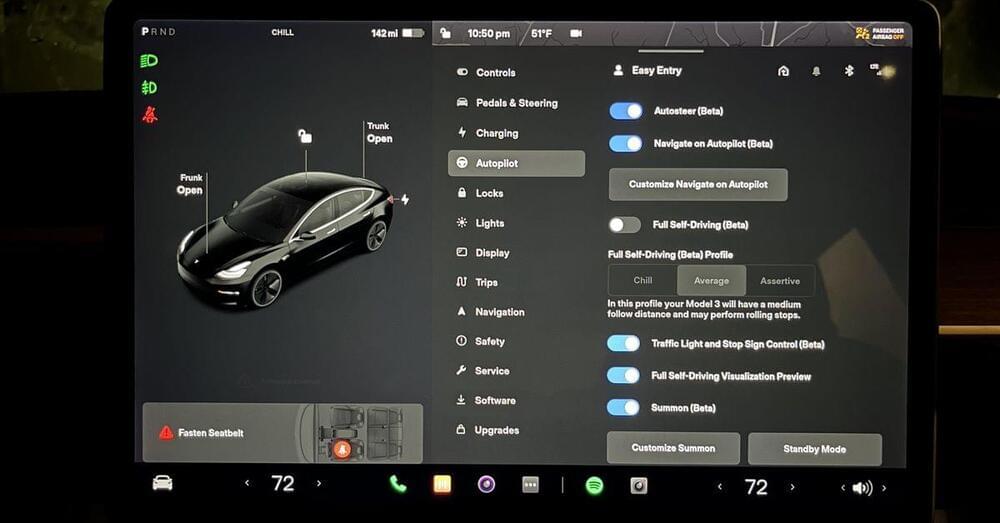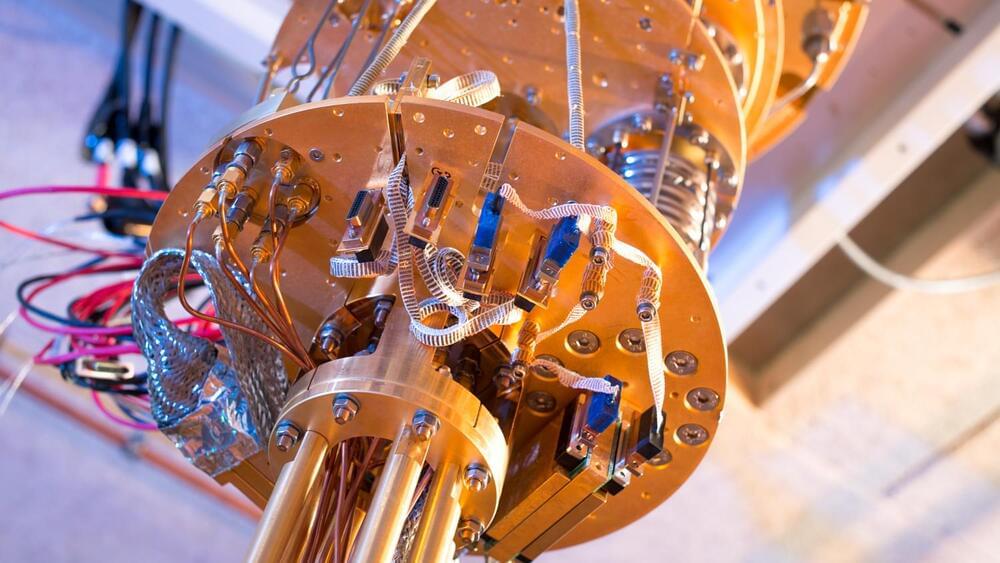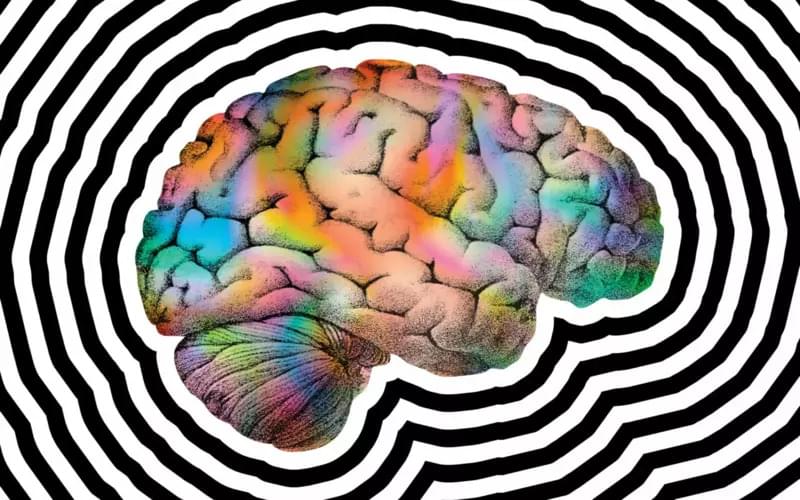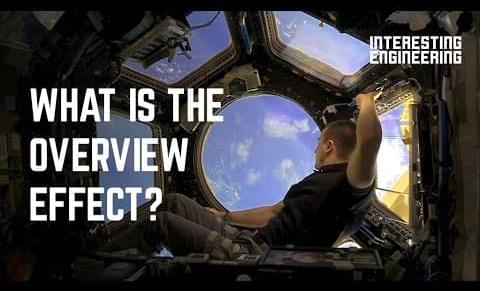Jun 22, 2023
Study reports first realization of a Laughlin state in ultracold atoms
Posted by Shailesh Prasad in categories: particle physics, quantum physics
The discovery of the quantum Hall effects in the 1980s revealed the existence of novel states of matter called “Laughlin states,” in honor of the American Nobel prize winner who successfully characterized them theoretically. These exotic states specifically emerge in 2D materials, at very low temperature and in the presence of an extremely strong magnetic field.
In a Laughlin state, electrons form a peculiar liquid, where each electron dances around its congeners while avoiding them as much as possible. Exciting such a quantum liquid generates collective states that physicists associate with fictitious particles, whose properties drastically differ from electrons: these “anyons” carry a fractional charge (a fraction of the elementary charge) and they surprisingly defy the standard classification of particles in terms of bosons or fermions.
For many years, physicists have explored the possibility of realizing Laughlin states in other types of systems than those offered by solid-state materials, in view of further analyzing their peculiar properties. However, the required ingredients (the 2D nature of the system, the intense magnetic field, the strong correlations among the particles) has proved extremely challenging.


















